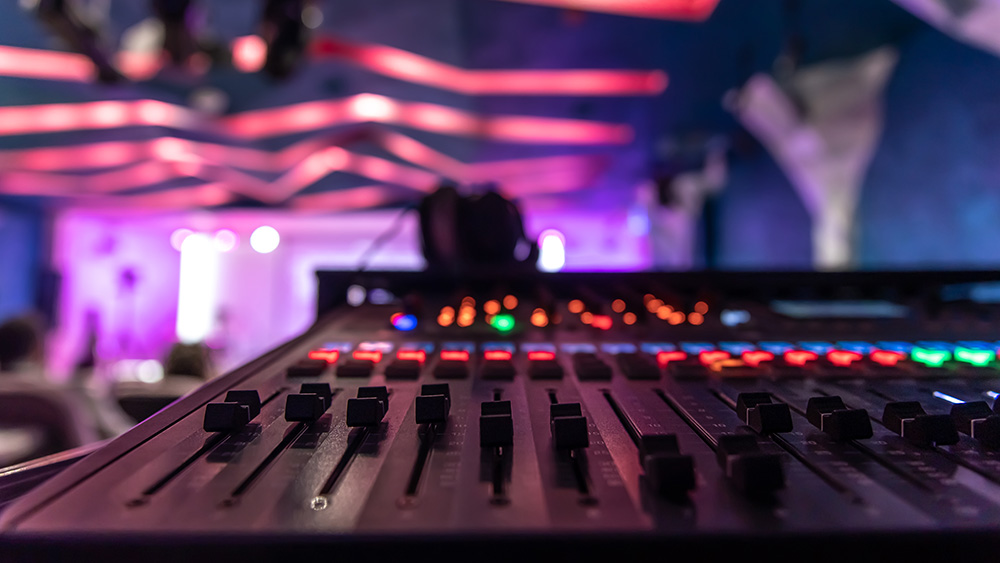
Convention venues often pay a yearly fee for music licensing, but event organizers should verify this with the convention services manager.
PCMA’s Catalyst community offers members a platform to ask each other questions, share ideas, or, as the website says, “communicate and collaborate.” Here’s a sampling from a recent Catalyst discussion.
“Does anyone have experience with music licensing fees and using American Society of Composers, Authors, and Publishers (ASCAP), Broadcast Music (BMI), Society for European Stage Authors and Composers (SESAC) and Global Music Rights (GMR) for licensing?” Imani Clark, vice president of event operations, customer service, and registration for Diversified Communications asked the PCMA Catalyst community. “Is GMR just for venues, or do organizers also have to carry it? We have 20-plus events and all of them play music at some point during keynotes, receptions, etc. I’m assuming we need at least ASCAP and BMI? I appreciate any insight and experiences you can share. Thank you!”
It’s my understanding that most meeting and convention venues pay a yearly blanket license to the major performing rights organizations (ASCAP/BMI), so as an organizer you should be fully covered. However, you’d probably want to verify this with your [convention services manager].
— Nate Horne, Senior Account Executive, L!VE
This question comes up periodically on community boards, and I believe it’s helpful to explain why music licensing is so important. Songwriters, composers, and publishers rely on royalties, and organizations like BMI, ASCAP, SESAC, and GMR make sure they’re compensated when their music is used in various settings. Even for something as simple as a keynote walk-on song, using copyrighted music without a license is illegal and could carry a penalty to the event organizer or the event owner.
While venues or production companies may have their own licenses, they generally don’t cover customer events. You’ll likely need to manage your own licensing, much like event insurance, for each event. If you know the songs you’ll be using, you can find out which organization licenses them, get the appropriate license(s), and stick with those songs. If you’re unsure what music you’ll be using, or if it changes from event to event, it’s best to secure licenses from all the organizations — each one has its own licensing model (e.g., by event, by attendance, or by year). You can also look into public-domain or royalty-free music, though it can be harder to source.
— Kyle Jordan, CAE, CEM-AP, CMP, DES, CMM, Director of Meetings, INFORMS
- Read previous Catalyst discussions in our Catalyst Questions Archive.
